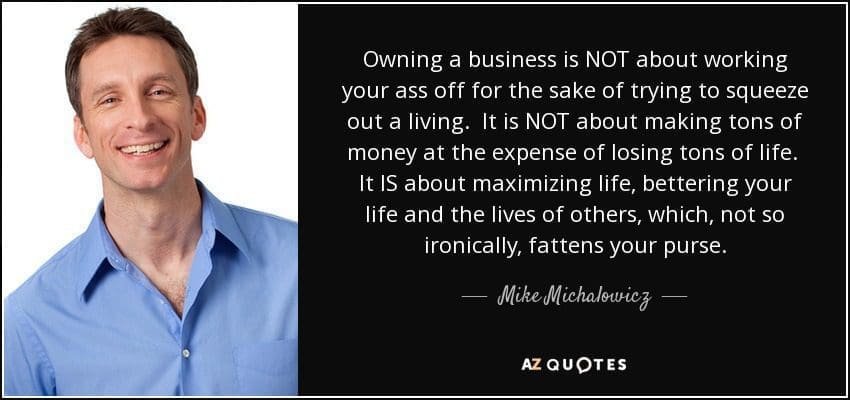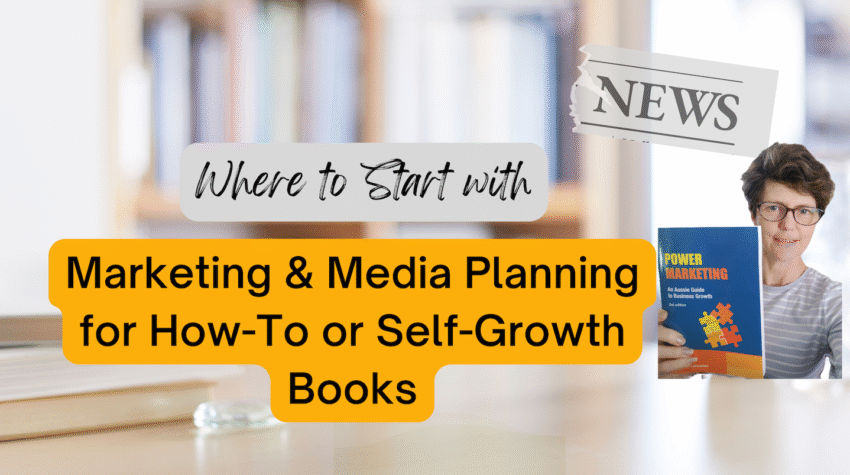The money guide for those on $60,000 a year, give or take $15,000
This kicks off my idea for a series of articles designed to get you thinking about your money and your path to freedom, based on your annual income.
Now, freedom to you might mean retirement in 10 years’ time. Or freedom might mean being able to do a business from home part-time but have ample income. Or it might mean something else. Even at AU $60,000 a year, you and your partner can make an impact on your future wealth.

Who am I to tell you this? Certainly, I’m no financial guru. But I’ve spent a lot of time researching, studying and thinking about how our money lives operate. So, I consider myself a ‘philosopher of money’; an author who helps you think deeper about how you operate around your income streams and financial lifestyle. But it doesn’t stop there.
The trouble with our material lives today is, we get easily trapped into thinking that all we need is more income – in order to have the lifestyle we want and put aside something for the future. But the trouble with that direction is, we may get a little more income but we don’t change how we live our lives… still spending frivolously. We spend more, in fact.
And this trap can operate at any income or salary level. It is more a function of the mind than what you are bringing in each year. (For proof of this, read ‘My Year of Less’).
If you’re earning under $60,000 per year (per household, in Australia), you are likely watching every penny. You are wavering between having just enough to breathe, so that you pay your bills, your debts and your fun things – and not having enough because a big bill came in that you didn’t expect. That is not a great place to be, obviously.
In fact, a decade ago, we made just $25,000 for the year and so I know that feeling well.
So, what’s the answer?
Well, it’s as simple as a budget and a new line of thought. The budget will help you see where the money goes to help monitor it and re-prioritise, and the new paradigm will help you put aside some money, no matter how hard it is.
The good news is that simply by monitoring your spending over a four-week period, you will get to understand where your weaknesses lie. My weakness is for buying new clothes. I understand my weakness, so I don’t receive any email newsletters with fashion sales. I don’t go to the big shops more than once every six weeks. The less you go, the more you save.
Most adults still in work can just make a list of things we need and get by with going to the shops for new pillows, new sheets or new jeans, for instance, about every six to eight weeks. (Those not in work may have to make do or look at second-hand).
What about Saving for the Future?
If you want to save for the future, you’ll need to do a yearly budget after you’ve already tracked some of your spending via your debit card statement. Or alternatively by using a money tracking app and really looking at it.
Idea: WeMoney – Budget, Money and Credit Score Tracker
- Track all of your financial accounts securely in one place (bank accounts, crypto, superannuation and your loans, so you can stay on top of repayments).
- Get reminders for upcoming bills and track subscriptions.
- Export your transactions.
- Opportunities to compare and save on financial products and utilities to see how you can potentially save and reduce your debt faster.
- View and monitor your credit score with the two biggest providers.
- Access to financial wellness community.
So, assuming now that you are avoiding at all costs those high credit card and other credit options, it’s time to look at saving part of what you are earning. Now I can hear your excuses already: “I don’t earn enough to save anything; oh, but I’ve got three kids to look after with my money…”
To which I would reply: what if something goes wrong? Could you offer one of your children or parents a life-saving operation out of your emergency funds?
Putting your Priorities in Place
When you start prioritising the values of your life, putting your family, health and home at the top, you will start to realise how you are living against those priorities. You might even realise that you’re sacrificing your health just to get designer clothes or a better car that might look a bit nicer or run a bit smoother. Or spending on cigarettes / alcohol means that you’re not having anything for an emergency fund, which could come in handy one day or that hospital cover.
Another thing to remember is to not think about your salary as that amount per year. Because sometimes we get a false sense of security when we move from $60,000 to $70,000 a year for instance. When in fact we should be looking at the cash number that we get into the bank after taxes and then looking at the number of monthly expenses, which is all your bills, your loans and your must-haves.
One really easy way to save your highest priority (besides a mortgage, which is obviously the top one) is to put an automatic direct transfer of at least 5% of your incoming salary into an emergency fund savings account.
After this, you might choose to put some family holiday money aside if that’s really important to you. Now I suggest thinking about your leftover budget when you plan the type of holiday you can have. It’s no good just going on holiday and trying to pay it back later, as you’re always going to be chasing the monkey!
If you have surplus on top of this, then you can direct it to a voluntary super contribution, either pre-tax with your employer or after tax, through a simple direct debit monthly contribution.
Smart with Daily Cash
Now I’m assuming because you are earning under $60,000 a year as a household, that you don’t have a credit card or Afterpay type money owed.
If you do have that kind of credit, you should watch out that you are not using it for consumables. Fair enough if you really need a new fridge so you put this on Hire Purchase over three years – but don’t forget to work the repayments out yourself. Always pay a little more than the expected amount, so you will pay it out before gobsmacking interest is kicking in.
How you get the surplus is by being very smart with your cash each day. Some examples:
- I replaced my Audible account with the Libby/BorrowBox app from my library.
- Instead of using Kartra or ActiveCampaign, I use GetResponse email marketing of US$19 p.m. and my own landing pages built as needed (cheaper per year).
- Watching the food waste and buying smaller bags of fresh potatoes or corn, if they keep going off.
Smart with Big Purchases
Also looking at the big purchases that make a big difference to our financial stress:
- Do I really need a new car? No, I maintain this one very well until I save up for an electric car.
When we go into debt to buy the best and newest phone edition or car, we often put ourselves under more financial stress. Don’t assume that things will be easier money-wise in the future – consider that big things might change and you won’t want this regular financial burden at all.
If you want to learn more about saving for your future, see How to Control your Financial Destiny. Or if you’re recovering from debt and crisis, then Create Your New Life of Abundance will help. Check the library, iBooks, Kobo, or Amazon.









